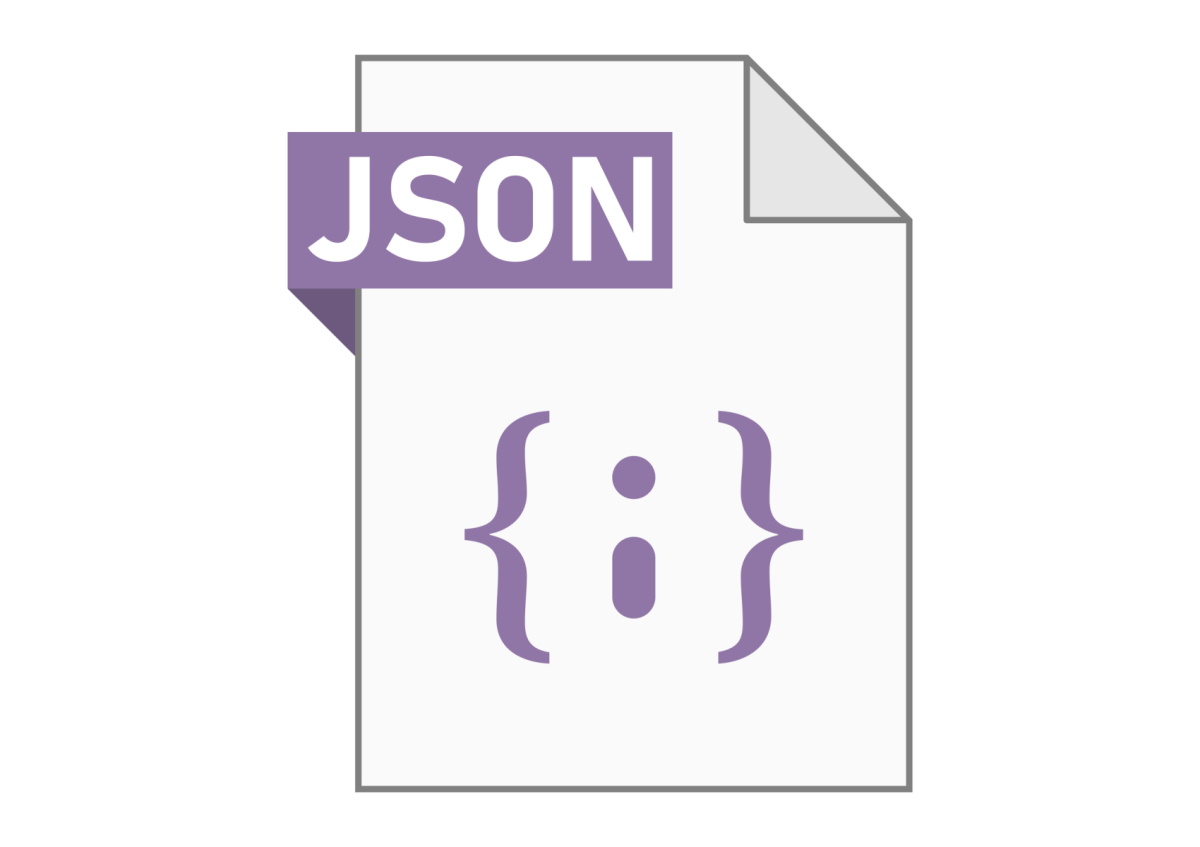Harnessing the Power of JSON Across Programming Languages: A Comprehensive Review
Introduction
JSON (JavaScript Object Notation) has become the de facto standard for data interchange due to its simplicity, human-readability, and wide support across programming languages. In this blog post, we will explore how JSON can be used effectively with various programming languages, including Python, Java, Ruby, PHP, and more. We’ll review the support and features each language provides for working with JSON, enabling you to harness the power of JSON in your projects regardless of the language you use.
JSON is a lightweight and language-independent data interchange format that uses a simple text format to represent data structures. It has become popular due to its easy readability and compatibility with multiple programming languages.
JSON Support in Python, Java, Ruby, and PHP
Each programming language offers native support for JSON, making it seamless to work with JSON data. Let’s explore the JSON support in these languages:
JSON Support in Python
Python provides comprehensive support for JSON through its built-in json module. It allows parsing JSON data into Python objects and serializing Python objects into JSON strings. Python also offers third-party libraries like simplejson and ujson that provide additional features and improved performance for JSON handling.
JSON Support in Java
Java provides the JSON Processing API as part of the Java EE standard, which allows parsing, generating, querying, and transforming JSON data. Additionally, there are popular third-party libraries like Jackson, Gson, and JSON.simple that simplify working with JSON in Java by providing object mapping capabilities and flexible JSON manipulation options.
JSON Support in Ruby
Ruby includes built-in support for JSON with the json library, which allows parsing and generating JSON data effortlessly. Ruby also offers popular third-party libraries like oj and jsonapi-serializer that provide advanced features such as faster parsing and serialization and support for JSON API specifications.
JSON Support in PHP
PHP has extensive support for JSON with functions like json_encode() and json_decode() that enable easy conversion between PHP data structures and JSON. PHP also offers functions for manipulating JSON data, such as json_encode() and json_decode(). Additionally, there are several PHP libraries, such as Symfony Serializer and Laminas Json, that provide more advanced features for working with JSON.
Mastering Mojo: Exploring Advanced Techniques to Elevate Your Programming Skills
JSON Support in Other Programming Languages
Beyond the languages discussed above, JSON support is prevalent in various other programming languages
JavaScript: As the native language of JSON, JavaScript has built-in support for parsing and generating JSON data using the JSON object.
C#: The .NET framework provides the System.Text.Json namespace, which offers powerful JSON manipulation capabilities, including serialization, deserialization, and JSON document querying.
Go: The Go programming language has a standard encoding/json package that provides functions for encoding and decoding JSON data, making it easy to work with JSON in Go applications.
Swift: Swift includes a Codable protocol that allows seamless conversion between Swift objects and JSON using the JSONEncoder and JSONDecoder classes.
Rust: Rust has several libraries, such as serde_json and json, that provide robust JSON parsing and serialization capabilities, allowing developers to work with JSON effectively in Rust applications.
Best Practices for Working with JSON
Regardless of the programming language, there are some best practices to consider when working with JSON
- Handle JSON parsing errors gracefully by validating input and implementing appropriate error handling mechanisms.
- Validate JSON data to ensure its integrity and prevent potential security vulnerabilities.
- Consider performance optimizations, such as using streaming parsers for large JSON datasets and caching JSON responses where applicable.
Conclusion
JSON is a versatile data interchange format that is well-supported across various programming languages. Understanding the JSON capabilities of different languages empowers developers to seamlessly work with JSON data regardless of their language choice. By leveraging the native support and third-party libraries available in each language, developers can parse, generate, manipulate, and validate JSON data efficiently. JSON’s simplicity and compatibility make it an invaluable tool for data communication and integration in a multi-language environment.

